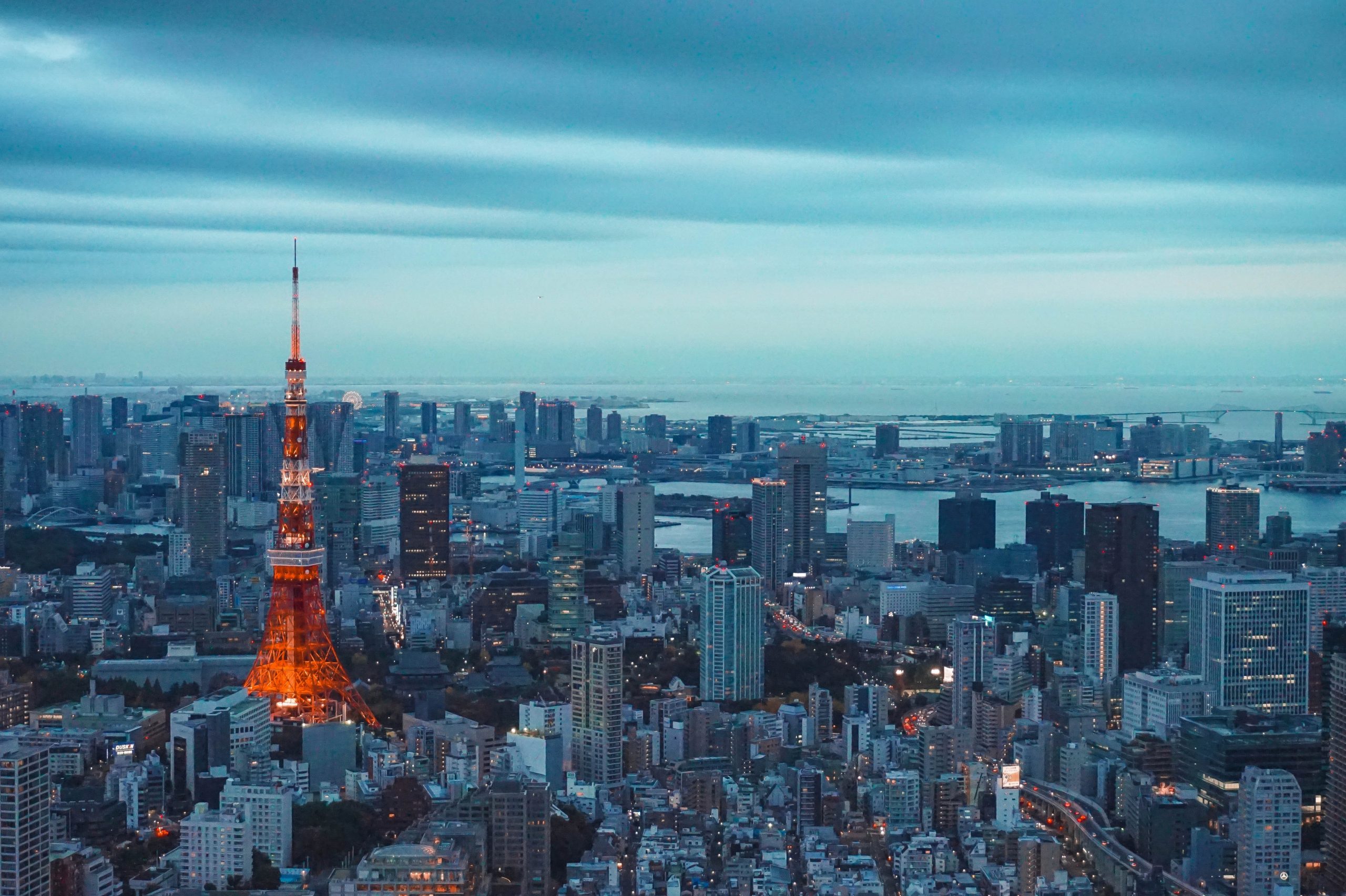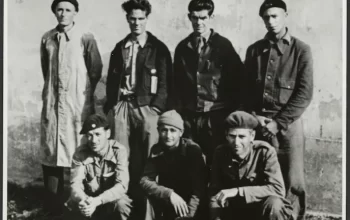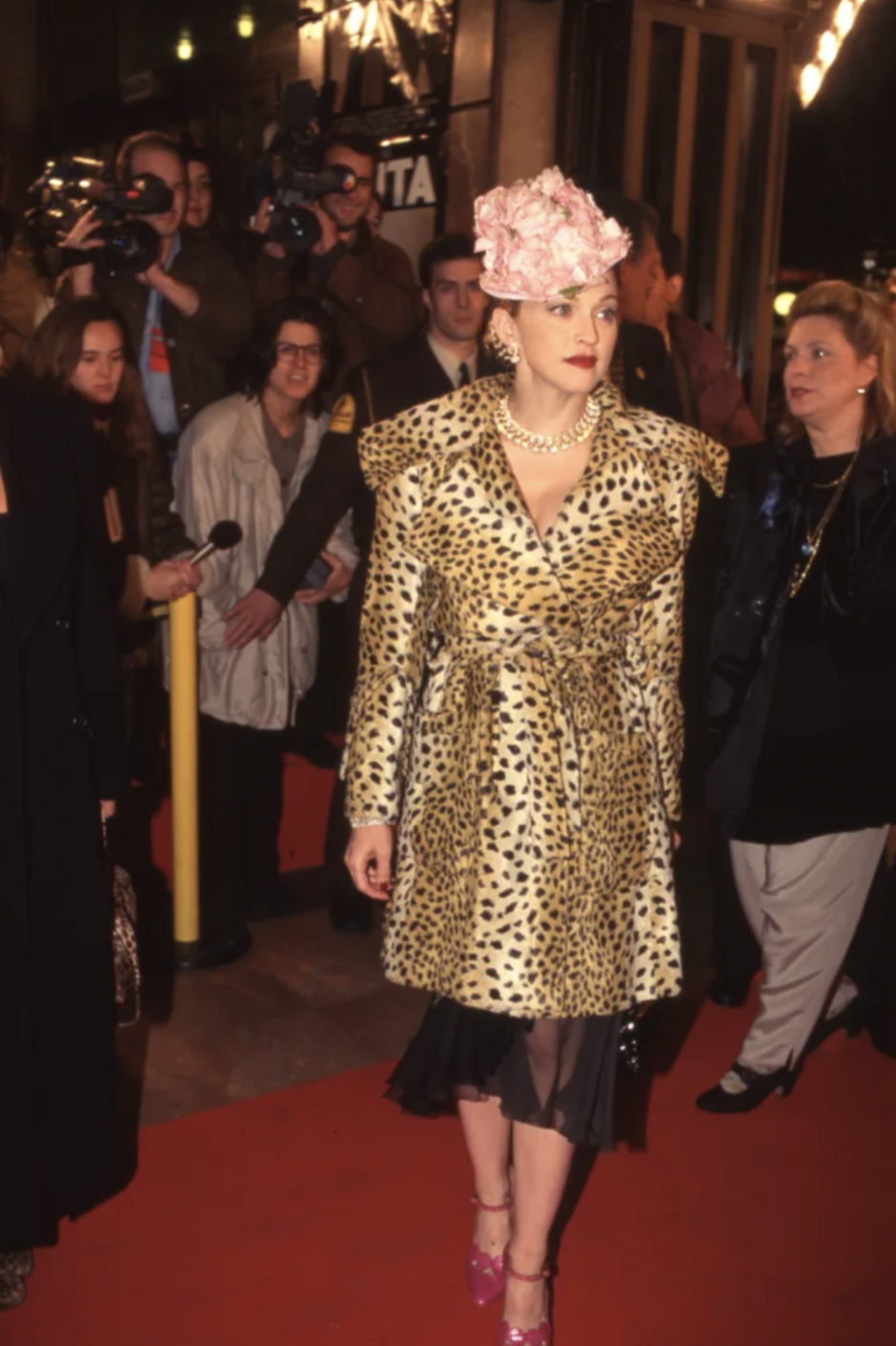Issues loomed over the Olympics earlier this year, upsetting the international sporting event.
Weeks prior to the games, Olympic officials announced spectators would not be allowed to watch in-person to stem the spread of COVD-19 in Tokyo.
The decision came after Japanese Prime Minister Yoshihide Suga announced the capital would enter its fourth state of emergency, two weeks prior to the Olympics. That decision came only two weeks after Tokyo’s third one was lifted in mid-June.
The flashy ceremony showcasing the effort that has gone into the one-year-delayed games was met with celebrations in living rooms across the world rather than live applause.
Popular Japanese video soundtracks heralded the parade of nations, saw athletes, in order of the Japanese alphabet, masked and waving their flags and pride to empty seats.
Select officials and media organisations could be seen scattered about an almost deserted stadium.
Emergencies overshadow the olympics

Back-to-back states of emergencies in Tokyo only scratch the surface of a myriad of issues and controversies which have, physically and metaphorically, plagued an Olympic Games which should not have gone ahead.
The pandemic response by Prime Minister Suga, and Prime Minister Shinzo Abe before him, to ensure the Olympic Games would run smoothly a year later and were meant to ensure the safety of the people of Tokyo and Japan, has not been good enough.
The Japanese government’s response to the COVID-19 pandemic was heavily criticised, with many Western and Japanese journalists calling it poor. Some restrictions requested by the Japanese government included:
- Limited operating hours for bars and restaurants;
- Ceasing alcohol trade after 7PM;
- No gathering of more than 4 people per group.
The government also promised an increase in testing, vaccinations and preparations for the coming waves and new variants, and financial support for businesses that follow the restrictions.
However, many businesses chose to ignore the requests because of slow processing times for support.
Due to shortages in doctors and nurses, the vaccine rollout in Japan was extremely slow, with only 8% of the country fully vaccinated a month prior to the start of games. While the rollout eventually picked up pace – Japan sat close to 50 per cent of its population fully vaccinated by September – approval rates for Prime Ministers Suga and Abe plummeted due to the failed pandemic response. Both cabinets hit below 30 per cent. This would eventually result in Prime Minister Suga announcing he would not run for re-election.
The failure of the Suga and Abe Cabinets, the Jiminto (the Liberal Democratic Party or LDP) and even the International Olympic Committee (IOC) created a sense of opposition against the highly anticipated games. A nationwide survey conducted by the Asahi Shimbun newspaper found 83 per cent of respondents wanted the Olympics to be cancelled or postponed another year. Another from the Kyodo News Agency found 86 per cent were concerned about a possible rebound of cases in the country.
The games could have signified hope and success in the age of COVID. Instead, it took an unpleasant and dystopian path for many living across Japan.
As the opening ceremony played out live across the globe, crowds gathered outside the stadium, despite government pleas not to, with some voicing anti-Olympic sentiment while others tried to catch a glimpse.
This is one of the many instances of public opposition to the Olympics. In late May, IOC President Thomas Bach faced backlash after insisting ‘sacrifices’ must be made to ensure Olympic athletes could compete, with many on social media assuming Mr Bach was referring to the Japanese public. The IOC said that wasn’t what he had in mind when he made the comment.
It wouldn’t be the first time the Japanese public expressed opposition against the Olympics. Mr Bach, as an Olympics representative in Japan, became a punching bag for anti-Olympic protesters. His visit to the Hiroshima Peace Memorial Park was met with a group of protestors holding signs calling to cancel the games. Hiroshima Prefectural Police kept them outside of the park.
Many protesters called for him to leave the country as well as criticising his slip up in a public meeting with Olympic officials in which he mistakenly said ‘Chinese people’ instead of Japanese people when referencing his Japanese counterparts.
Mr Bach was also heckled leading up to the Olympics during a meeting with Tokyo Governor Yuriko Koike, when a man posing as a journalist accused Mr Bach of lying to the Japanese people, referring to the Olympic village bubble as ‘broken.’
The constant push from the IOC for the games to continue, state of emergency or not, painted a new grim image for a games which were meant to signify unity and peace at a time it was needed most.
Given an additional year to prepare for the games, the Japanese government should have contained, or at least taken relative control, of the virus.
As mentioned previously in this piece, that is not the case. In April of last year, as cases grew in the cities, Mr Abe declared a state of emergency for Tokyo and several other prefectures. With that came a ‘soft lockdown’ which saw cinemas, game centers and schools closed, bars and restaurants requested not to close early and residents urged to stay home.
Note the word ‘urged.’ Article 22 of the Japanese constitution is interpreted as freedom of movement to all citizens. The government can ask for compliance, but cannot legally enforce a ‘hard lockdown’ preventing movement as they can in Australia.
In a dire situation such as this pandemic, the Japanese government’s insistence on pursuing bureaucracy has been extremely detrimental for the Japanese public.
Several unnamed lawmakers from the LDP have called for amendments to the constitution which would allow stronger lockdowns, while a Kyodo News Agency poll showed 57% of participants supported these amendments.
However, an amendment to the constitution would be time consuming and critics called the idea a violation of human rights early last year. Reinterpreting articles in the constitution is an alternative to amendments, which the LDP has done before. A revision of the Japanese Constitution in 2014 saw Japan give the all clear to deploy troops to defend allies at war.
Many have seen the move as a response to a growing threat from China and North Korea, yet a virus which has killed over 15 000 Japanese citizens and continues to threaten the lives and livelihoods of every Japanese citizen is not met with the same response.
In a sense, being in Tokyo feels almost dystopian. A live feed of Shibuya Crossing often shows a Shibuya pre-COVID-19. People are bustling about, but with more masks. Businesses are ordered to not serve alcohol after a certain time to quell the spread of the virus, yet patrons are still allowed to sit and eat their meals in small family run izakayas. Life is almost normal, but at the same time thousands are contracting the virus every week, with some requiring hospitalization.
The Olympic Games finally ended. Signs and posters advertising the games now feel like an ad for an overrated video game. The ignorance and inaction of the Japanese government has allowed for the virus to infect athletes, officials and Japanese citizens.
Ultimately, the athletes, the networks with broadcasting rights and the IOC are those who will benefit the most from this year’s dystopian Olympic Games. With the games now over, the Japanese government and its citizens across Tokyo now must pick up the pieces from a failed pandemic response and a games which should have never gone ahead in the first place.




